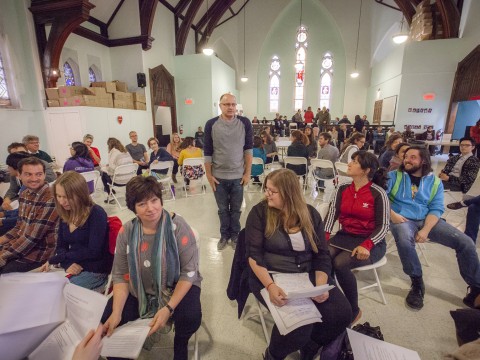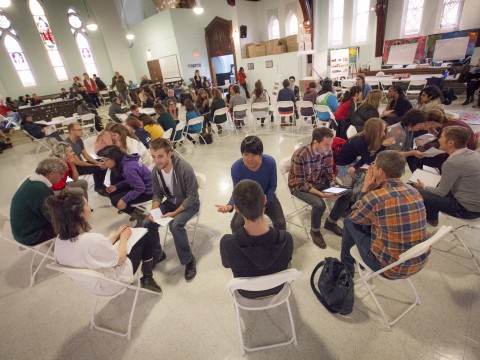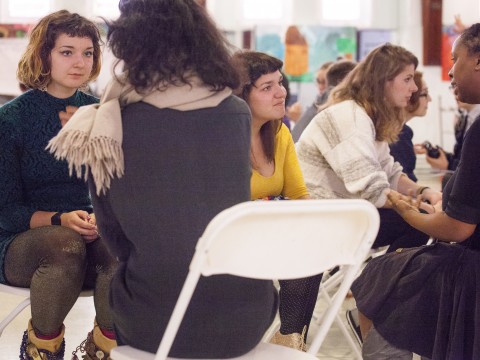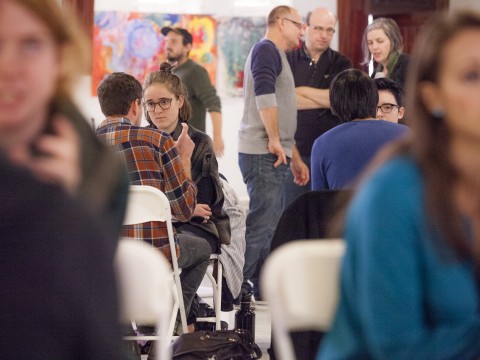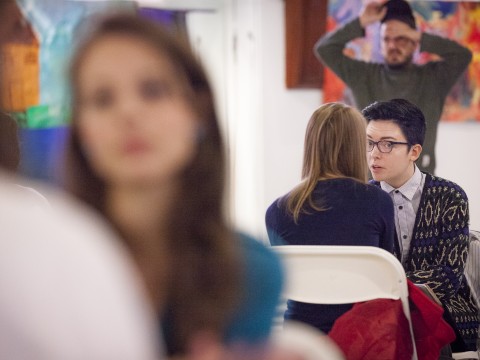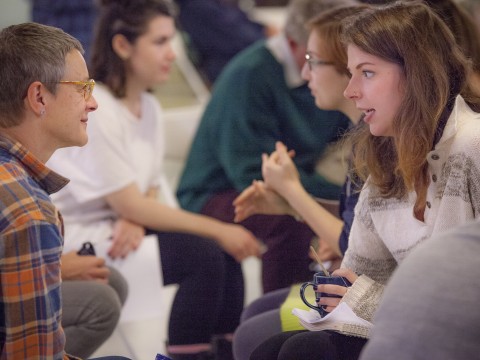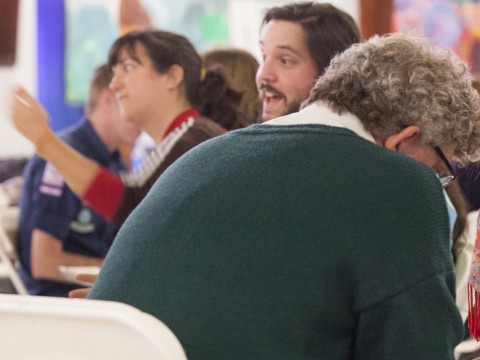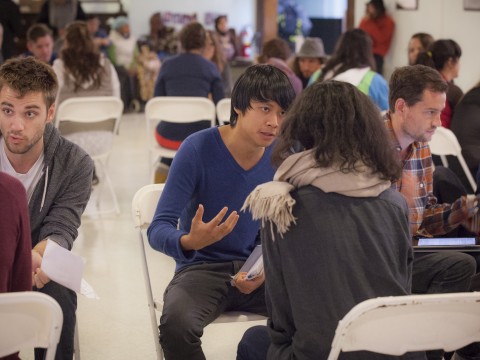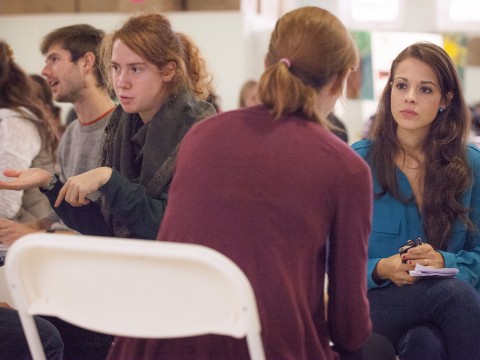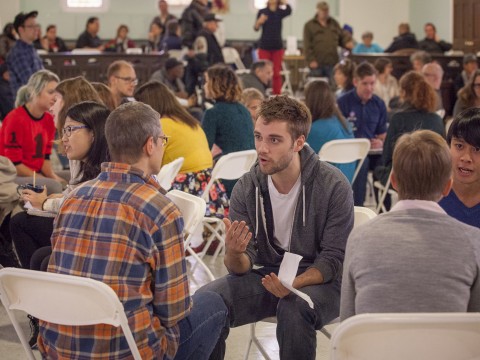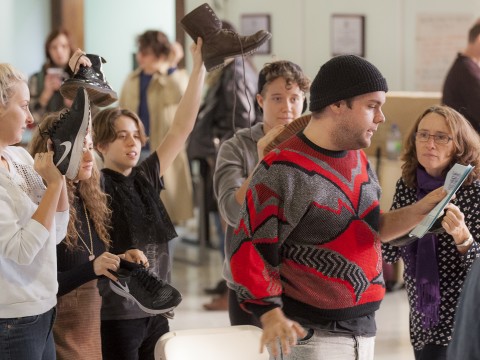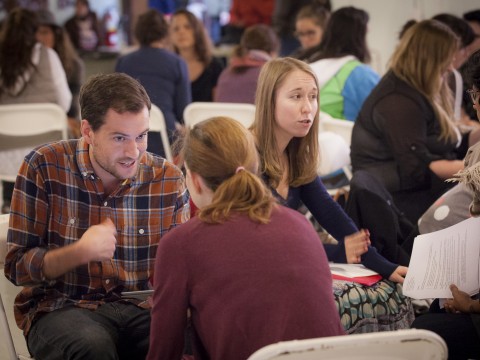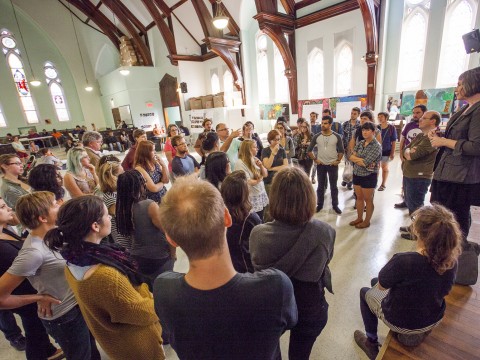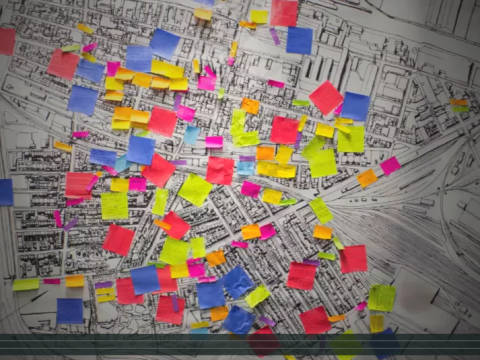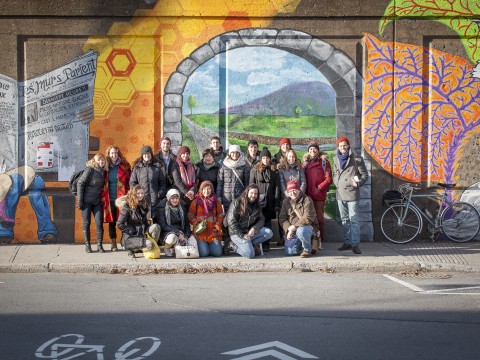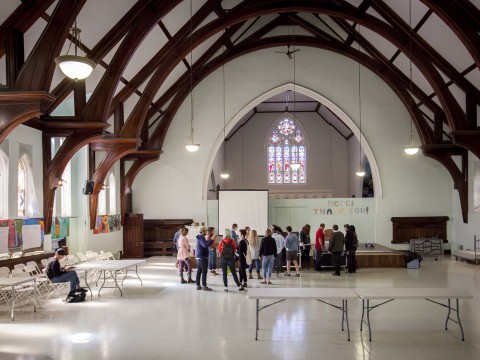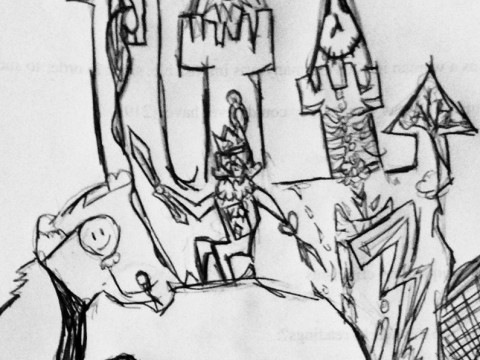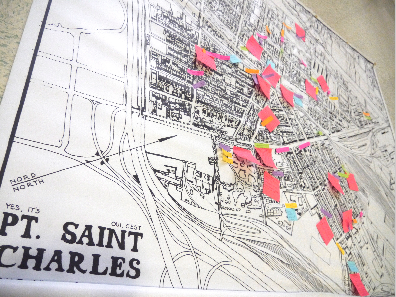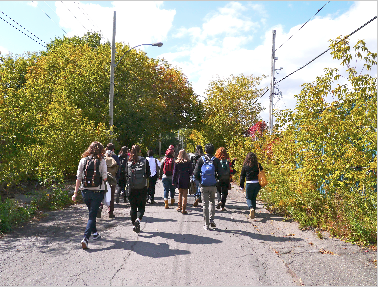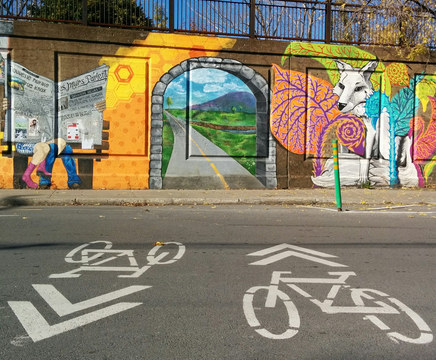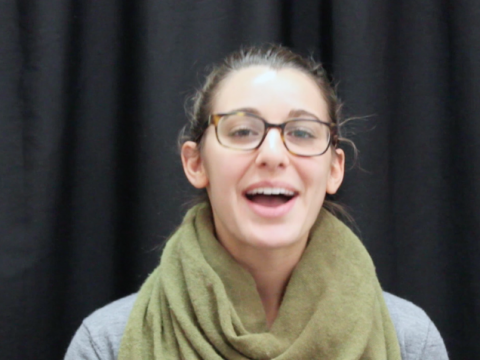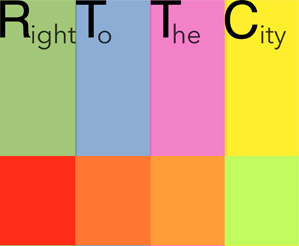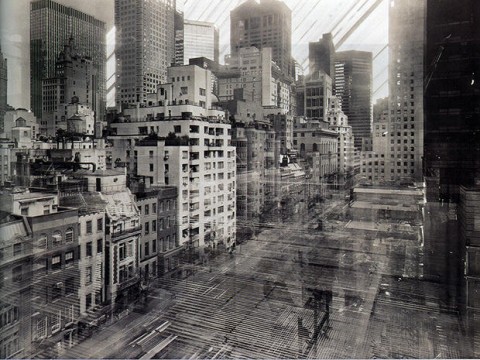By: Sara Breitkreutz
[C]onflicting interpretations of the past, serving to legitimate a particular understanding of the present, are put to use in a battle over what is to come. What are at issue are competing histories of the present, wielded as arguments over what should be the future.
Doreen Massey, Places and Their Pasts1
One afternoon in mid-October, as I crunched through leaves swept onto on the sidewalk on Charlevoix Street by a crisp autumn breeze, I ran into an old friend, a young man from Bangladesh whose family had moved to Montreal when he was an infant. “What are you doing here?” I asked cheerfully, after we had greeted each other. “I live here!” he replied, and it came back to me. He had mentioned years earlier that he lived somewhere in the southwest, but at the time I had not yet been to Point Saint Charles, and the neighbourhood was merely a fuzzy zone in my mental map of the city comprised of factories and condos and easily confused with Saint Henri and Verdun.
Read More
